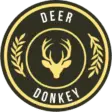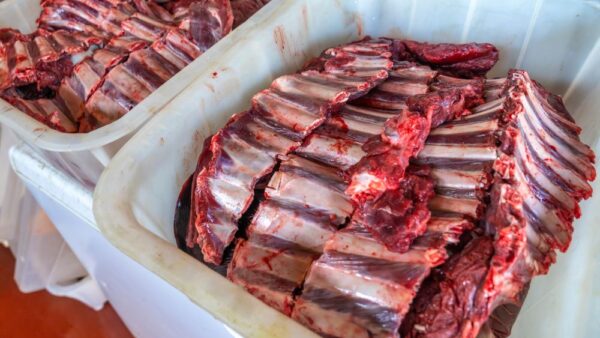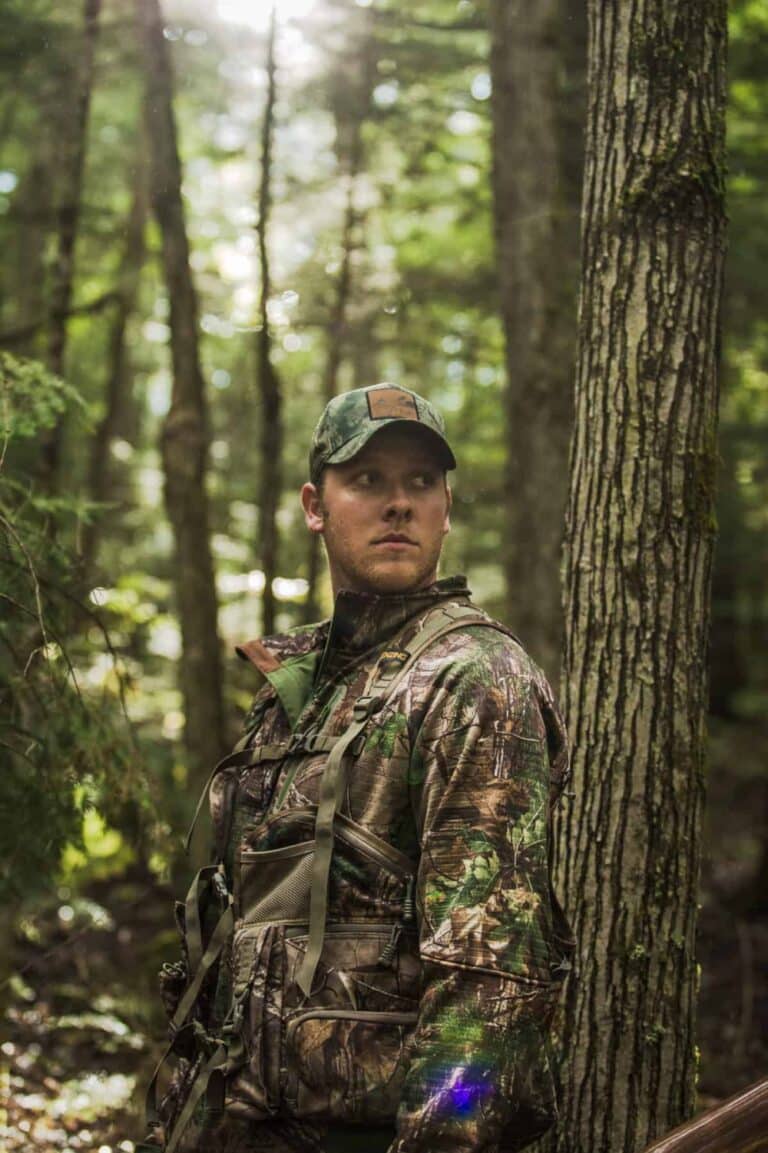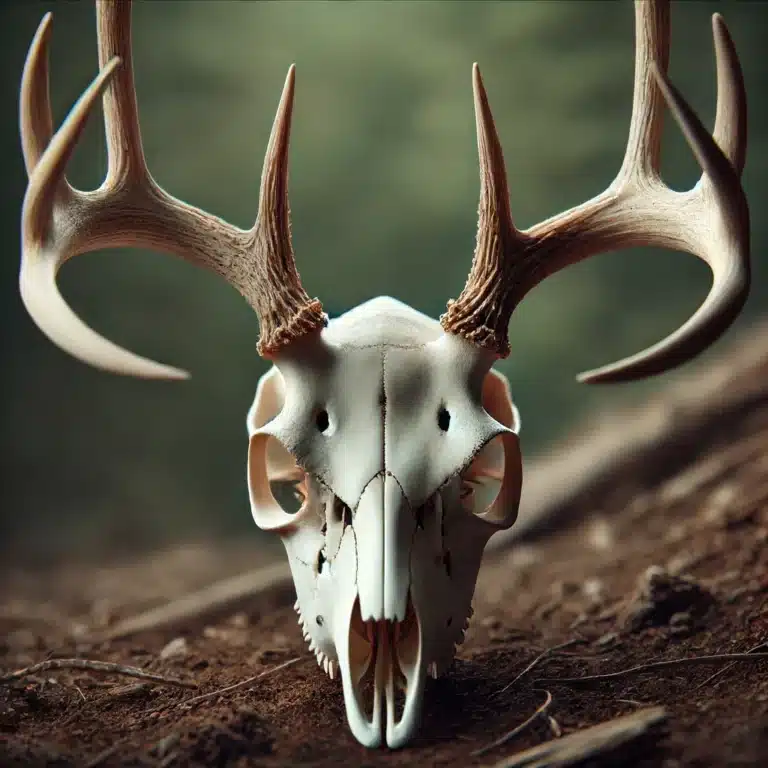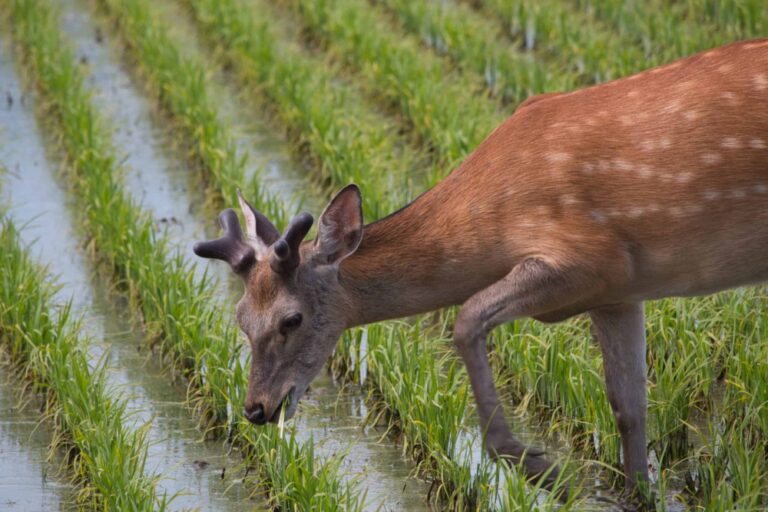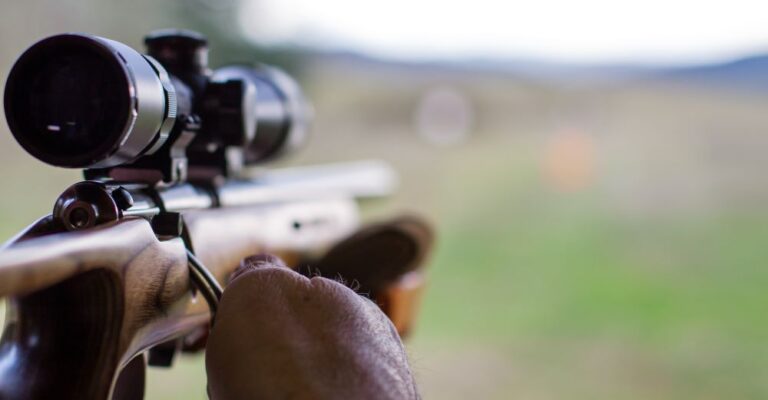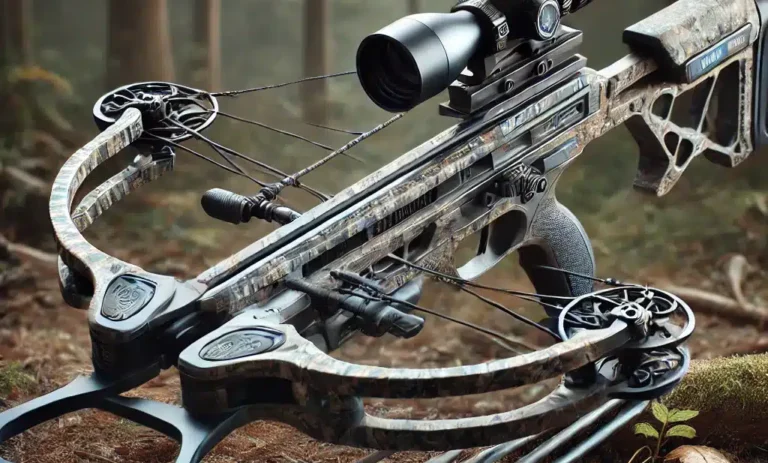Deer donation sites are designated locations where hunters can contribute their surplus harvests to help alleviate hunger. These sites often consist of processing facilities or partnerships with local butchers that ensure proper handling, butchering, and packaging of donated venison.
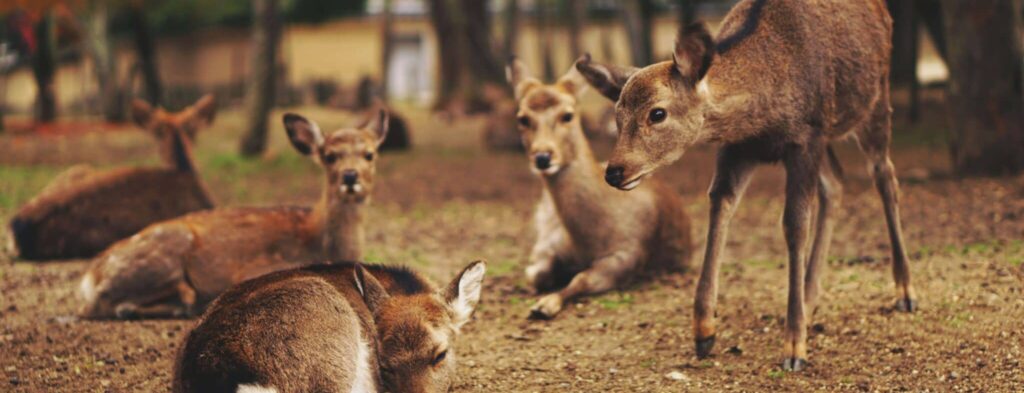
The overarching objective is to harness the bounty of our natural resources while addressing societal needs. The aim goes beyond providing sustenance; it reduces food waste by allowing hunters to use their excess game well.
Reducing Food Waste and Helping Those in Need
The donated venison helps fill food gaps experienced by vulnerable populations such as low-income families, homeless shelters, soup kitchens, and other nonprofit organizations.
Deer Donation Sites by State
- Alabama: Hunters Helping the Hungry
- Alaska: Food Bank of Alaska
- Arkansas: Arkansas Hunters Feeding the Hungry
- California: San Francisco Bay Sportsmen Against Hunger
- Colorado: Farmers and Hunters Feeding the Hungry
- Connecticut: Hunt to Feed
- Delaware: Delaware Sportsmen Against Hunger
- Florida: Farmers and Hunters Feeding the Hungry
- Georgia: Georgia Hunters for the Hungry
- Idaho: Idaho Hunters Feeding the Hungry
- Illinois: Farmers and Hunters Feeding the Hungry
- Indiana: Hoosiers Feeding the Hungry
- Iowa: Help Us Stop Hunger
- Kansas: Hunters Feeding the Hungry
- Kentucky: Kentucky Hunters for the Hungry
- Louisiana: Hunters for the Hungry
- Maine: Hunters for the Hungry
- Maryland: Farmers and Hunters Feeding the Hungry
- Massachusetts: Hunters Share the Harvest
- Michigan: Michigan Sportsmen Against Hunger
- Minnesota: Donating Deer
- Mississippi: Hunters Harvest
- Missouri: Share the Harvest
- Montana: Montana Hunters Against Hunger
- Nebraska: Hunters Helping the Hungry
- New Hampshire: NH Food Bank
- New Jersey: Hunters Helping the Hungry
- New York: Venison Donation Coalition
- North Carolina: North Carolina Hunters for the Hungry
- North Dakota: Sportsmen Against Hunger
- Ohio: Farmers and Hunters Feeding the Hungry
- Oklahoma: Hunters Against Hunger
- Pennsylvania: Hunters Sharing the Harvest
- Rhode Island: Deer Association
- South Carolina: SC Hunters & Landowners for the Hungry
- South Dakota: South Dakota Sportsmen Against Hunger
- Tennessee: Hunters for the Hungry
- Texas: Hunters for the Hungry
- Utah: Farmers and Hunters Feeding the Hungry
- Vermont: Venison for Vermonters
- Virginia: Hunters for the Hungry
- Washington: Wild Game Donation
- West Virginia: Hunters Helping the Hungry
- Wisconsin: Deer Donation Program
- Wyoming: Hunters for the Hungry
Across America, deer donation sites have emerged as a bridge between hunters and local communities, turning game into a resource to combat hunger. These sites allow hunters to donate excess deer meat, processed and distributed to food banks and shelters to nourish those in need.
By providing a means to transform surplus game into a valuable food source, these programs foster responsible hunting and help alleviate food insecurity, showcasing an innovative way to support and sustain communities.
FAQs
What are deer donation sites?
Deer donation sites are locations or programs where hunters can donate legally harvested deer to provide venison for those in need. These programs help reduce food waste and address hunger in communities.
How do deer donation sites work?
Hunters bring their legally harvested deer to designated donation sites or processors. The deer are then processed into venison and distributed to local food banks or organizations to feed those in need.
Can anyone donate deer to these sites?
Generally, anyone with a legally harvested deer can donate it to a deer donation site. However, specific requirements and regulations may vary by location, so it’s essential to check with the program or site in your area.
What do I need to know before donating a deer?
Before donating, ensure your deer complies with local hunting regulations, such as tagging and reporting requirements. You may also need to field dress the deer before donating it.
Are there any costs associated with donating a deer?
Sometimes, there may be processing fees associated with deer donation, but many programs rely on volunteers and sponsors to cover these costs. It’s a good idea to inquire about any potential fees when donating.
Where can I find deer donation sites in my area?
You can often find information about deer donation sites on the websites of local hunting organizations, state wildlife agencies, or food banks. They may provide lists of participating locations.
Can I receive a tax deduction for donating a deer?
Depending on your location and the program, you may be eligible for a tax deduction for donating deer to charity. Keep records of your donation and consult with a tax professional for guidance.
What happens to the deer after donation?
After donation, professional butchers or processors typically process the deer into venison. This venison is distributed to organizations serving individuals and families in need.
Are there any restrictions on the condition of the donated deer?
Deer donation sites usually have guidelines for the condition of the donated deer. They may require the deer to be in good condition, properly field dressed, and free from diseases or contaminants.
Why should I consider donating a deer?
Donating a deer is a way for hunters to give back to their communities and reduce food waste. It helps provide nutritious venison to those who may not have access to it and supports local food banks and charities.
Can I donate deer parts other than the whole animal?
Some donation programs may accept specific deer parts, such as quarters, trimmings, and whole deer. Check with the program in your area to see what they accept.
How can I get involved in or support deer donation programs?
You can get involved by donating deer, volunteering your time, or supporting local organizations that run these programs. Contact your state wildlife agency or local food banks for more information on how to participate.
